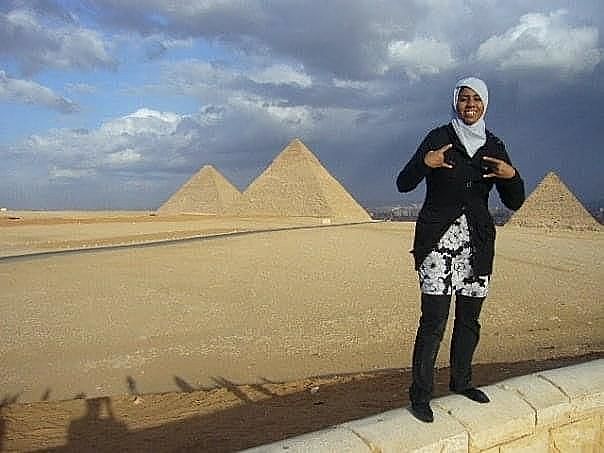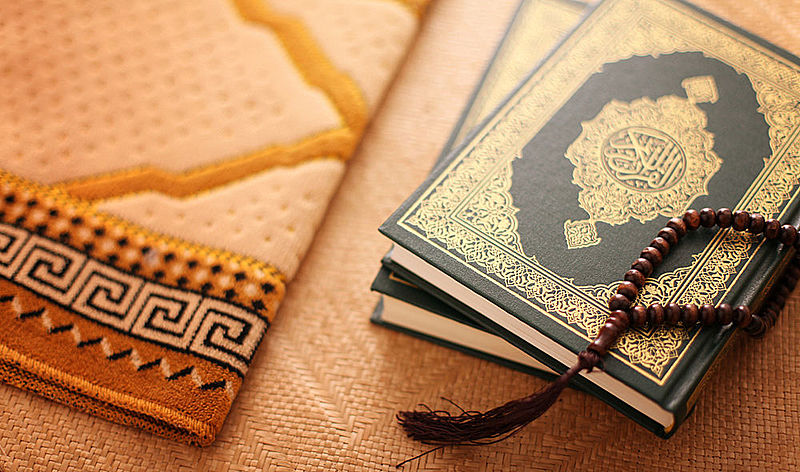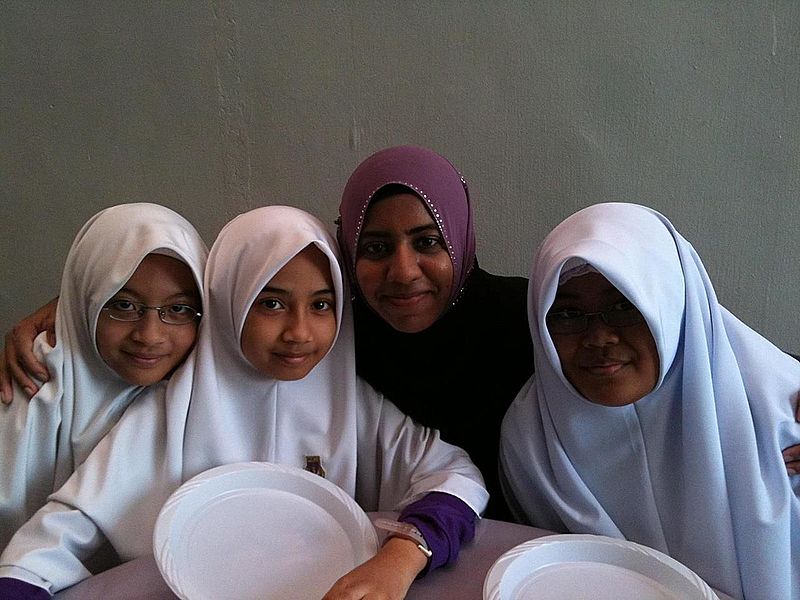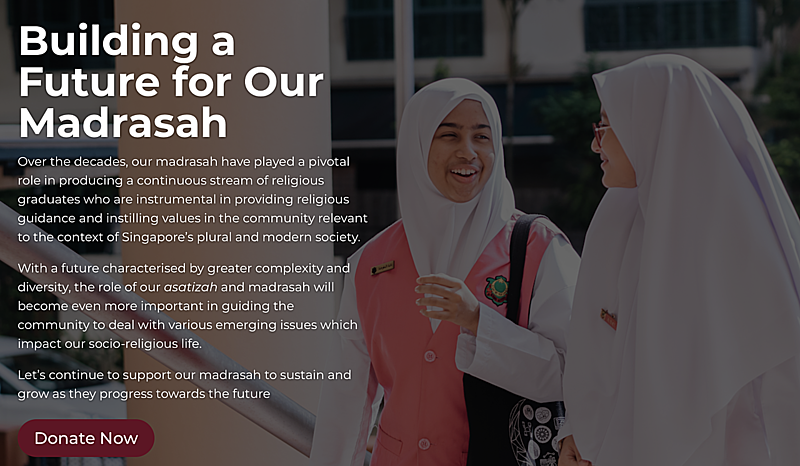This Female Madrasah Graduate Is Now a Yale Postdoctoral Researcher
This Madrasah graduate was two-time valedictorian in NUS
Dr Nisha Mohd Rafiq, 32, is a postdoctoral researcher at Yale University. She is currently researching brain diseases such as Alzheimer’s disease. “The number of people having Alzheimer's disease is so crazy. Singapore has a strong attraction for neuroscience-related diseases because of its ageing population. I want to translate my work into something that directly benefits others. My major goal is not to do basic science for pleasure or curiosity but science with an impact.”
Being passionate about science, she gathered like-minded people and started Madrasah Wak Tanjong’s first Science Club when she was just fourteen years old. However, when Dr Nisha started studying biomedical science at Temasek Polytechnic, she felt torn. She has always loved the Arabic language and a part of her wanted to go back to Madrasah to do pre-university studies and pursue Arabic literature at Al-Azhar University in Egypt.

Nonetheless, she continued to excel in science. While pursuing her Bachelor's degree in Biological and Physical Sciences, Dr Nisha was given the A*STAR Pre-graduate Scholarship and won multiple awards. She went on to become a valedictorian twice at the National University of Singapore (NUS) after completing her undergraduate and graduate studies.
Dr Nisha says that she is blessed to have met excellent mentors at every stage of her journey. “When I was in Madrasah, the Mudir (principal), Almarhum Ustaz Muhammad Noor, told me, ‘Choose what you want to do.’ When I went on to polytechnic, university and work, I had mentors who were good and supportive yet rigorous.”
For example, when she was in NUS, the person who encouraged her to pursue a PhD programme in Mechanobiology was Paul Thomas Matsudaira, an American biologist who served as the head of the Department of Biological Sciences at NUS. “In my third year, he showed me a picture from when he was a technician in a lab to motivate me. That’s when I realised that certain people who rise in the field know your challenges as a young person.”
When asked if she ever felt that science contradicts Islam, Dr Nisha replied that the more discoveries she makes, the more she believes in the religion and the existence of a higher being. “The cells in our body itself are the wonders of the world; they are a world of their own. I cannot imagine how this can be achieved by humans. I used to be very intrigued by physics so I was amazed that in Surah Yasin, it says that time is relative. So when I was in Secondary school, my tutor would give me A-level sums to try because he knew I was interested I think. That’s how I ended up learning about relativity when I was just in secondary two. ”

Dr Nisha’s journey has had its ups and downs. She reveals that the toughest part of doing research is when your experiments don’t work. When she was in King’s College London under the NUS Research Scholarship during her PhD programme, there were three or four months when her experiments kept failing. “That’s when I called my mum. I told her, ‘I wish you were here.’ She was supporting me and was like, ‘You are already at your last few phases, why are you so worried?’ I went back and restarted. I replanned. Suddenly, things worked super well.”
As an APEX mentor who guides madrasah students during their PSLE journey, what’s her advice? “To never think that there’s this thing called Ukhrawi and Dunyawi. I strongly believe that there are so many good students. If they push themselves, they would be no different from anyone else. If I had to choose again, I would still choose the Madrasah education.”

She hopes that youths remain humble and know that someone will always know much more. “If you have it hard in your first few years, don’t be discouraged. It’s going to be hard. You need to know what you like and stay close to it. I wish I could tell myself as a youth back then that failures are actually important to mould you as a person. They should not be a setback at all.”
Dr Nisha always reminds herself of the time when Rasulullah s.a.w. was in Taif and was ridiculed and pelted with stones. “He spent 13 years in Makkah, faced that in Taif and then had to run to Madinah. Has my hardship lasted 13 years? I use that to motivate myself to keep going.”
Read more inspiring stories here.
Due to the COVID-19 pandemic, our madrasahs' fundraising activities have been badly affected. OurMadrasah.SG is a Public Education & Fundraising portal developed to support them tide through these trying times.
Support OurMadrasah by donating via ourmadrasah.sg
Follow @ourmadrasah.sg on FB and IG!


